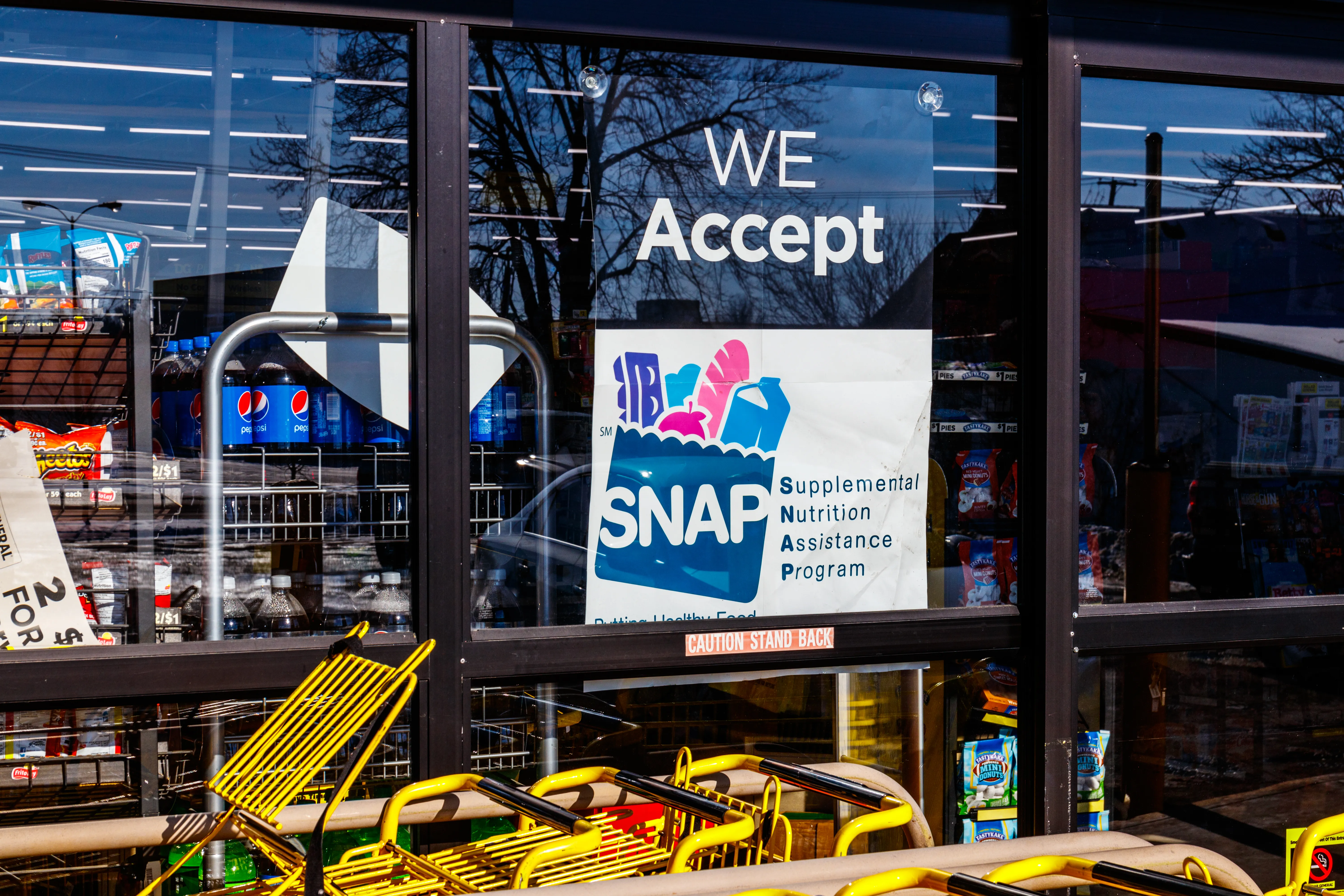
Federal methane waste rules welcomed to improve public health
(Colorado News Connection) Public-health advocates are welcoming a new proposal to reduce harmful air pollution by limiting methane waste at oil and gas facilities.
Sabrina Pacha, director of Healthy Air and Water Colorado, said medical professionals have long been sounding the alarm about the health impacts of methane pollution, which has been linked to respiratory illness, cardiovascular disease, stroke, Alzheimer’s, and poor maternal health.
"Folks who are pregnant who are living in areas with elevated rates of methane pollution are at higher risk of preterm birth, low-weight birth and, in severe cases, even higher rates of maternal and fetal illness and death," Pacha said.
Reducing methane pollution, which is more than 85 times more potent at trapping heat in the atmosphere than carbon dioxide, is also seen as critical for mitigating climate change. The EPA's proposal, under authority of the Clean Air Act, calls on oil and gas operations to find and repair leaks, capture gas lost through venting and flaring, and other proven strategies already at work across Colorado.
Critics of efforts to rein in waste have argued it places an undue cost burden on smaller operators.
Proponents point out there are cost-effective options available for operations at all scales, in part because producers can bring lost natural gas to market. Recently passed federal infrastructure and climate legislation also provides significant funding to reduce waste.
Pacha believes other states should be able to adopt the EPA's proposed regulations, which are similar to protections already at work in Colorado.
"And we were able to achieve those in partnership with business groups who have really stepped up to the table," Pacha said. "So if our Colorado businesses can do it, folks across the country can meet those standards as well."
The EPA is accepting public comments on its proposal and will hold public hearings. The rule is expected to be finalized next year.
Overall, Pacha believes the proposal is strong in cutting methane pollution, but said she would like to see additional limits expanded to all states similar to those adopted by Colorado on routine flaring, where operators burn off excess gas.
"Unfortunately, air pollution can't be contained in just one state; it's a multi-state issue. So we would like to see the federal government match our Colorado standards when it comes to routine flaring," Pacha said.

















